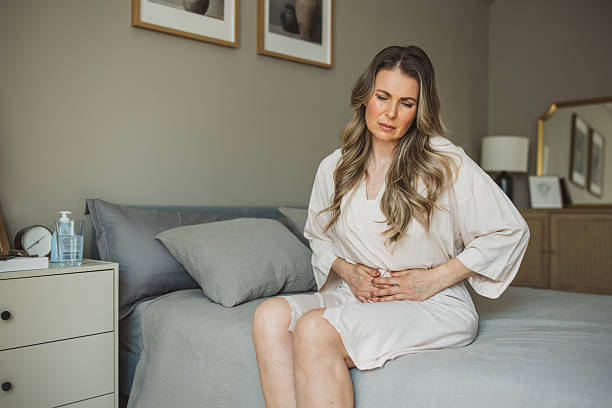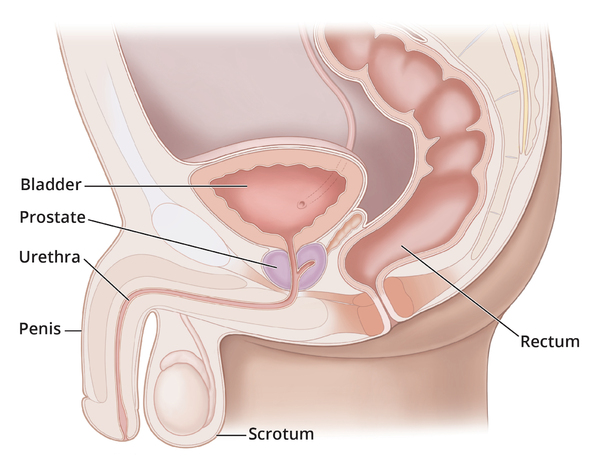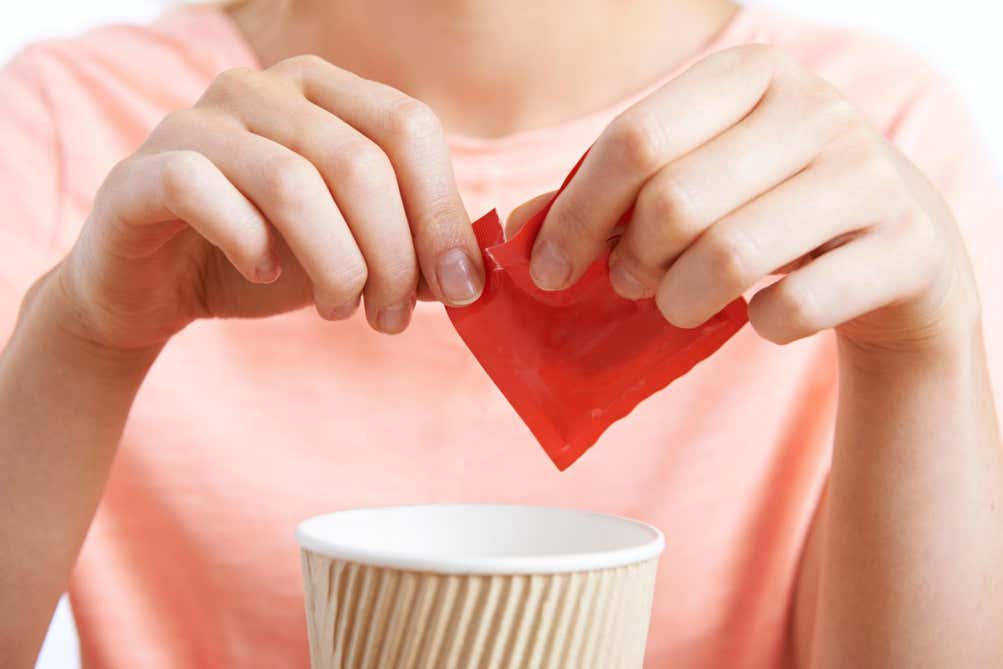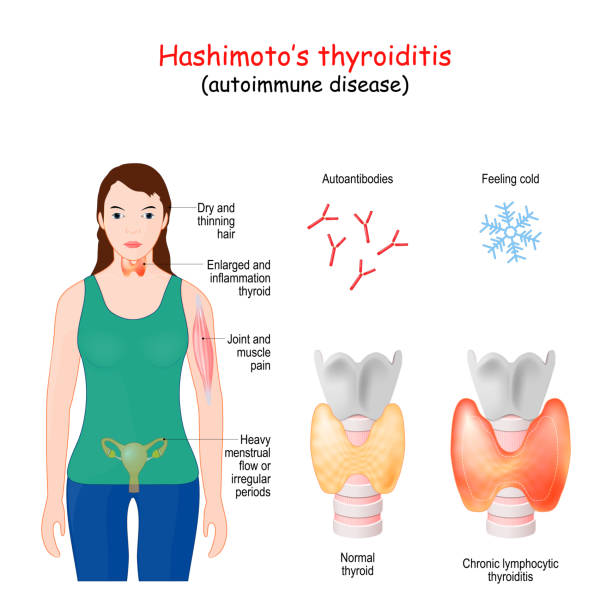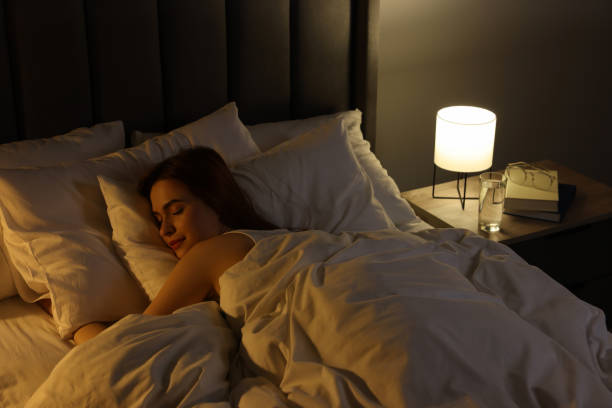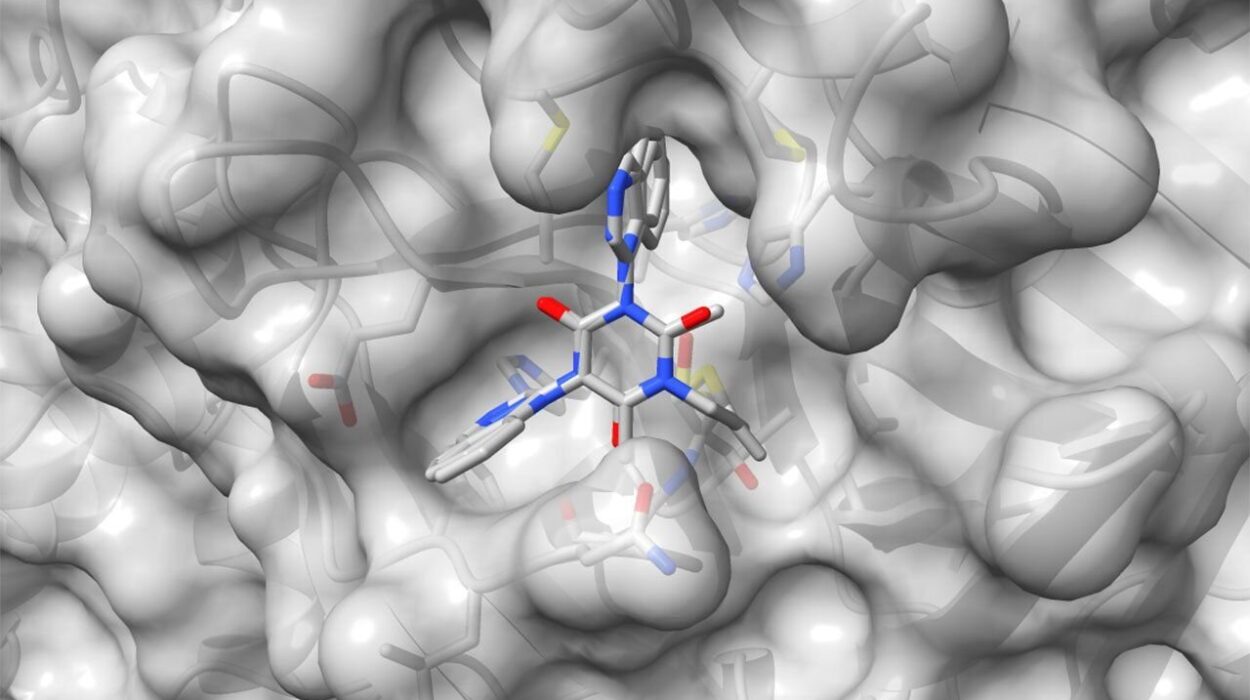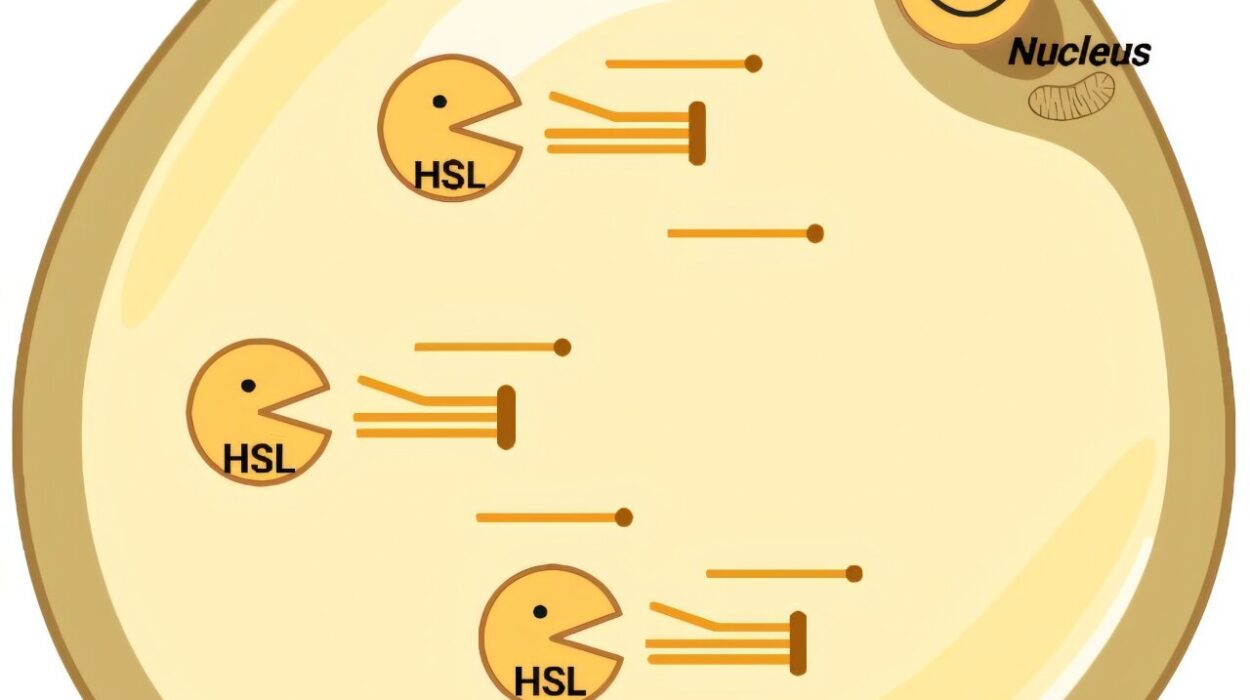Menopause marks one of the most transformative journeys in a woman’s life. It is not simply the end of menstruation—it’s a hormonal metamorphosis, an emotional recalibration, and a time when the body begins whispering (sometimes yelling) new messages. Some women breeze through it like a soft breeze, while others feel like they’ve been hit by a hormonal tornado. Hot flashes, night sweats, mood swings, insomnia, weight gain, vaginal dryness, brain fog—these are not just symptoms. They’re daily hurdles that can affect confidence, relationships, work, and overall wellbeing.
What makes menopause particularly challenging is that it’s often misunderstood and rarely talked about openly. While many turn to hormone replacement therapy (HRT), others prefer to explore the natural route—seeking balance without synthetic hormones. Fortunately, there are time-tested, evidence-backed, and body-friendly ways to ease menopausal symptoms naturally. This article dives into the holistic realm—offering insight, compassion, and solutions rooted in lifestyle, diet, herbs, movement, and mind-body healing.
Hormonal Chaos and the Quest for Balance
Menopause is triggered by the gradual decline of two major hormones: estrogen and progesterone. These hormonal messengers orchestrate not only your menstrual cycle but also influence temperature regulation, sleep, libido, mood, brain function, and skin elasticity. As they retreat, a ripple effect sweeps through the body.
What’s often misunderstood is that menopause isn’t a single moment—it’s a phase. Perimenopause, the years leading up to menopause, can bring erratic cycles and early symptoms. Menopause is officially marked when a woman hasn’t had a period for twelve consecutive months. Postmenopause follows and continues for the rest of her life.
Amid this transition, the body is searching for a new equilibrium. Natural remedies don’t aim to fight menopause but rather to support the body through it, helping restore balance with kindness rather than force.
Food as Medicine for Hormonal Harmony
What you eat during menopause can dramatically impact how you feel. A body in hormonal flux craves nourishment that supports its changing needs—not crash diets or processed food overloads. Whole, vibrant, nutrient-rich food becomes your ally, not just fuel.
Phytoestrogens are nature’s gentle version of estrogen and are found in foods like flaxseeds, soy, sesame seeds, chickpeas, lentils, and oats. These plant compounds can help ease the drop in estrogen and alleviate symptoms like hot flashes and mood swings. In cultures where soy intake is high, menopausal symptoms are significantly lower—an insight worth paying attention to.
Cruciferous vegetables—like broccoli, cauliflower, kale, and Brussels sprouts—support the liver, the body’s main detox organ, which processes excess hormones and helps regulate estrogen levels. Omega-3-rich foods, such as fatty fish, chia seeds, and walnuts, reduce inflammation, support brain health, and may lessen depression and anxiety, which are common during menopause.
Sugar and caffeine, on the other hand, can be triggers. They may spike insulin and cortisol, worsen sleep, and increase hot flashes. Alcohol, though tempting as a coping mechanism, often exacerbates night sweats and mood swings.
Hydration is equally crucial. As estrogen drops, the skin and vaginal tissues lose moisture. Drinking enough water—and including hydrating foods like cucumbers, watermelon, and leafy greens—can combat dryness from within.
Herbal Allies in the Menopausal Toolkit
Plants have been women’s companions through all phases of life, and menopause is no different. Several herbs stand out for their ability to support hormonal transitions and reduce symptoms naturally.
Black cohosh is often the first name that comes up when discussing herbal remedies for menopause. Used for centuries by Native American tribes, it helps reduce hot flashes, night sweats, and mood fluctuations. Studies have shown that it acts on serotonin receptors, which may explain its mood-lifting and sleep-promoting benefits.
Dong quai, a staple of Traditional Chinese Medicine, is considered a “female ginseng” for its ability to tonify the blood and balance hormones. It can be particularly helpful in cases of low energy, dry skin, and vaginal dryness. However, it should be used cautiously in women with clotting issues or on blood thinners.
Red clover is rich in isoflavones, a type of phytoestrogen, making it a powerful herbal ally for easing estrogen-deficiency symptoms. Studies suggest that red clover can improve bone density, reduce hot flashes, and support cardiovascular health.
Ashwagandha, known for its adaptogenic properties, supports the adrenal glands and helps modulate stress—a major factor in worsening menopausal symptoms. When cortisol is high, it can steal resources needed for estrogen and progesterone production. By calming the stress response, ashwagandha indirectly supports hormonal balance.
Maca root, a Peruvian superfood, doesn’t contain hormones but supports the endocrine system in a unique way. It may enhance libido, boost energy, and improve mood without mimicking estrogen.
Always consult a qualified herbalist or health provider before beginning any herbal regimen, especially if you’re on medications. Herbs are powerful allies, but they’re not one-size-fits-all.
Moving the Body, Calming the Mind
Exercise is often seen as a way to burn calories or tone muscles, but during menopause, movement becomes medicine. Regular physical activity regulates mood, improves sleep, strengthens bones, and combats the dreaded menopausal weight gain. But not all exercise is created equal, and during this stage of life, a more intuitive approach is often best.
Weight-bearing activities like walking, hiking, or resistance training become essential for maintaining bone density, which naturally declines after menopause. Just two or three sessions a week can significantly reduce the risk of osteoporosis and fractures.
Cardio boosts endorphins and supports cardiovascular health, which is particularly important as estrogen’s protective effects on the heart wane. But it doesn’t have to be grueling. A brisk walk in nature can do wonders for both the body and the psyche.
Yoga and tai chi are gentle yet powerful tools. They blend movement with mindfulness, soothe the nervous system, improve flexibility, and enhance emotional resilience. Regular practice can reduce cortisol levels, regulate mood swings, and help with sleep.
Menopause is also a time to listen deeply to your body. Overexercising can increase inflammation and worsen fatigue. Restorative practices, body awareness, and joyful movement—like dancing, swimming, or stretching—create a balance that honors your changing body.
Sleep: The Elusive Pillar of Wellness
Insomnia and restless nights plague many menopausal women. Sometimes it’s night sweats jolting you awake; other times it’s anxiety or an overactive mind that won’t settle. Sleep is no longer a given—it becomes a goal.
One of the best ways to restore healthy sleep rhythms is by supporting melatonin and cortisol production. These two hormones operate on opposite schedules—melatonin rises at night to help you sleep, while cortisol spikes in the morning to get you going. When stress levels are high or circadian rhythms are disrupted, sleep suffers.
Creating a sleep sanctuary is essential. That means no screens two hours before bed, keeping the room cool and dark, avoiding caffeine late in the day, and cultivating a bedtime ritual—be it reading, journaling, or sipping herbal tea.
Herbs like valerian, passionflower, and chamomile promote relaxation. Magnesium glycinate is another natural sleep aid, relaxing muscles and calming the nervous system.
Deep breathing, guided meditations, and yoga nidra (a form of meditative relaxation) can ease the transition into restful sleep. These practices signal safety to the brain, allowing the body to let go and enter deep restorative states.
The Emotional Landscape: Mood, Memory, and Meaning
Menopause doesn’t just affect the body—it reaches into the depths of identity, purpose, and emotional wellbeing. Some women feel untethered, experiencing mood swings, anxiety, or even depression. Others struggle with memory lapses or the infamous “menopausal brain fog.”
Estrogen plays a key role in regulating neurotransmitters like serotonin and dopamine, which influence mood and cognition. As estrogen declines, the emotional terrain becomes more vulnerable. But this shift also opens the door to deeper self-reflection.
Journaling can help process complex emotions and clarify what matters most during this life stage. Therapy—particularly modalities like cognitive behavioral therapy (CBT) or mindfulness-based cognitive therapy (MBCT)—has been shown to reduce menopause-related depression and anxiety.
Social connection is equally important. Women thrive in community, and during menopause, shared experiences become lifelines. Whether it’s a support group, a circle of friends, or online forums, talking openly about the journey dissolves shame and creates strength.
Brain fog, while frustrating, is not permanent. Supporting your brain with omega-3s, B-vitamins, and mental stimulation (puzzles, reading, learning new skills) keeps cognitive decline at bay. Regular exercise and sleep are also neuroprotective allies.
Vaginal Wellness and Intimacy Reimagined
One of the most challenging aspects of menopause can be the effect it has on vaginal health and sexual intimacy. With the drop in estrogen, vaginal tissues become thinner, drier, and less elastic. This can lead to discomfort, itching, and painful sex.
Rather than avoiding intimacy, this is a time to redefine it. Communication with a partner becomes essential. Lubricants and vaginal moisturizers (preferably natural and fragrance-free) can dramatically ease dryness. Products containing hyaluronic acid or vitamin E are particularly effective.
Sea buckthorn oil and aloe vera-based creams also support the integrity of the vaginal lining. Some women find relief through vaginal probiotics, which support the delicate microbiome and prevent infections.
Pelvic floor exercises, or Kegels, can enhance circulation and tone muscles that weaken with age. These exercises not only improve sexual satisfaction but also reduce the risk of incontinence.
Intimacy can also be reimagined beyond penetration. Affection, sensual touch, emotional closeness, and playful exploration all become part of a new language of love—one that honors the changing body while keeping connection alive.
The Role of Mindset and Meaning
Perhaps the most powerful natural remedy during menopause is mindset. Society often frames menopause as an ending—of youth, desirability, fertility. But many cultures view it as a time of wisdom, freedom, and power. Menopause is not the death of femininity; it is its evolution.
Reframing menopause as a rite of passage—a sacred transition—can change everything. Women at this stage have weathered storms, raised children, built careers, and learned hard-earned truths. The “change” is not just physical; it’s spiritual.
Self-compassion becomes medicine. Instead of fighting the process or feeling betrayed by the body, honoring it can lead to healing. This means setting boundaries, prioritizing rest, saying yes to joy, and saying no to what no longer serves.
Creative expression—through art, writing, gardening, or music—offers another outlet for transformation. It connects women to something larger than symptoms and invites the soul to speak.
This is a time to ask new questions: Who am I becoming? What do I want now? What can I let go of?
Integrating a Holistic Menopause Plan
There’s no single solution that works for every woman. The beauty of natural approaches is that they are deeply customizable. The key is consistency. A single herb, one yoga session, or one healthy meal won’t transform your menopausal experience—but a daily, layered approach can.
Think of it as weaving a tapestry: each thread—whether food, herbs, sleep, movement, or mindset—adds strength and color to the fabric of your well-being. Over time, this becomes a rich, supportive ecosystem that holds you through the transition and beyond.
Working with a functional medicine practitioner, naturopath, herbalist, or menopause coach can offer personalized insights. Lab tests, hormone panels, and symptom tracking can illuminate your unique needs and help tailor a plan that supports your body’s wisdom.
Menopause as a New Beginning
Menopause isn’t the end of youth—it’s the birth of a different kind of power. It’s the time when a woman steps into her own authority, guided not by cycles or societal expectations but by her own inner compass.
Yes, there may be discomfort. Yes, there may be uncertainty. But there is also a chance to become fully aligned with who you are and what you need.
Natural approaches to easing menopause symptoms are not about rejecting medical solutions—they’re about expanding the toolbox, listening to the body, and embracing the journey with grace, curiosity, and resilience.
In the end, menopause is not something to “get through.” It’s something to grow through. And that growth can be the most beautiful chapter of all.
